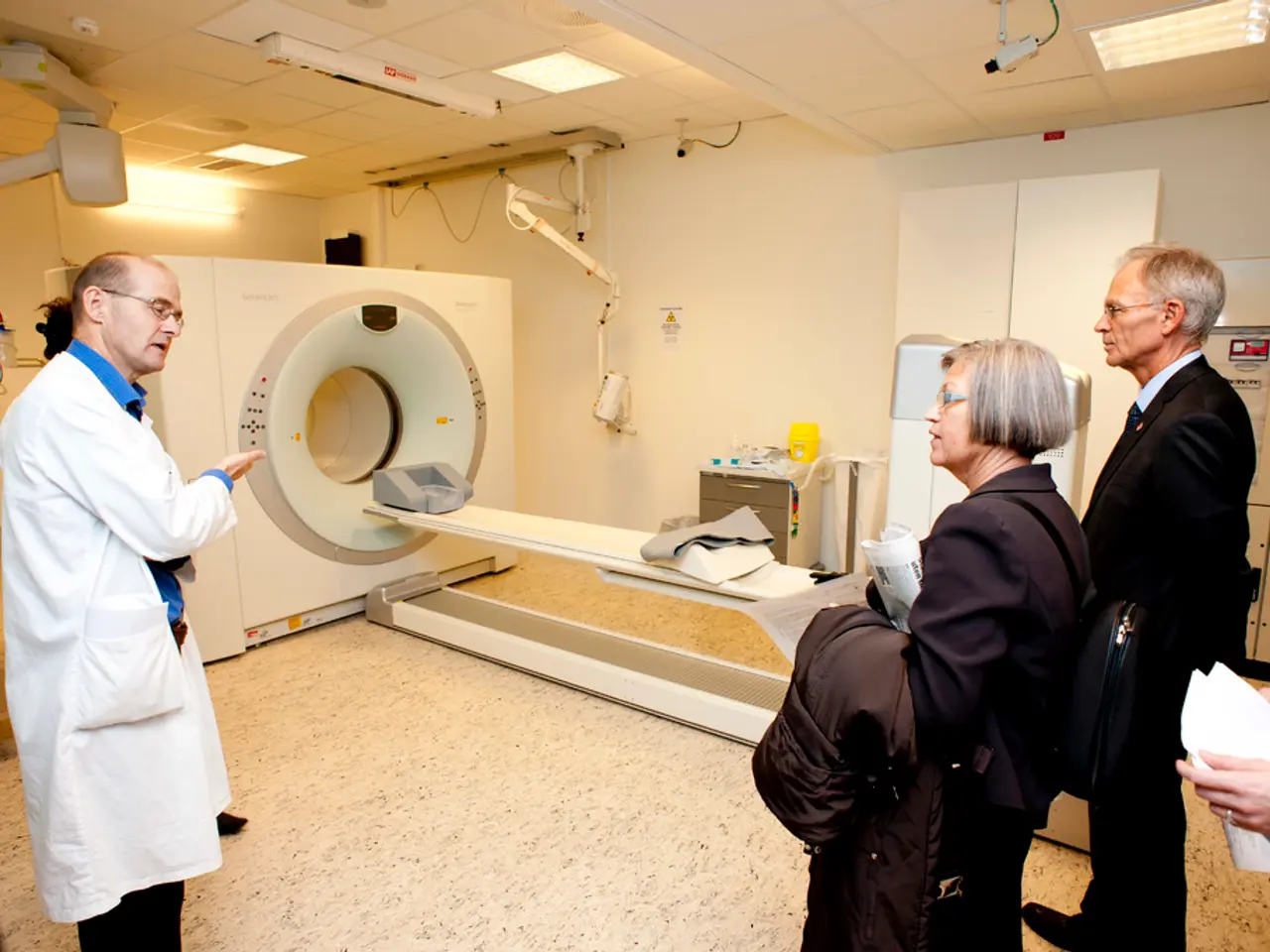Artificial intelligence may hamper doctors' ability to spot colon cancer, according to a new study.
In a groundbreaking study published in The Lancet Gastroenterology & Hepatology, researchers from various Polish centers specializing in endoscopy and colonoscopy have raised concerns about the potential impact of Artificial Intelligence (AI) on the detection of digestive cancers, particularly colon cancer.
During the study period, which spanned from 2021 to 2022, the centers expanded the use of AI software designed to help doctors detect colon tumors. However, the study's findings suggest a potential negative impact on the detection rates of these tumors.
Before the AI implementation, the adenoma detection rate (ADR) stood at approximately 28.4%. After several months of routine AI exposure, when clinicians were unassisted by AI, the ADR dropped to around 22.4%. This decline indicates a potential reduction in specialists' ability to detect colon adenomas independently, a phenomenon researchers have termed "deskilling."
The study serves as a cautionary note for specialists about the potential risks of over-reliance on AI. The researchers attribute this phenomenon to a tendency to over-rely on AI decision support, similar to the "Google Maps effect," where practitioners become dependent on AI guidance and find it harder to perform tasks unaided.
It is important to note that the study does not definitively prove that AI is the sole cause of the lower detection rate of tumors. Other factors beyond AI may have influenced the rate of detected tumors during the same period. The study's findings need to be confirmed through further research to fully understand the potential harmful effects of AI on the capabilities of specialists.
The study provides a first warning about the potential dangers of AI due to the slow erosion of fundamental competencies. If AI support is not present, the reduction in specialists' ability to detect colon adenomas independently could negatively impact patient outcomes.
The study is one of the first to suggest a loss of medical competencies due to AI usage. It aims to understand what effects tools based on AI, increasingly used worldwide, may have on medicine. As AI continues to play a larger role in healthcare, it is crucial to strike a balance between leveraging its benefits and preserving the essential skills of medical professionals.
[1] Adenoma Detection Rate (ADR) before AI use [2] Over-reliance on AI decision support [3] Need for further research on how to prevent skill loss while integrating AI into clinical practice [5] Adenoma Detection Rate (ADR) after AI exposure when unassisted by AI





